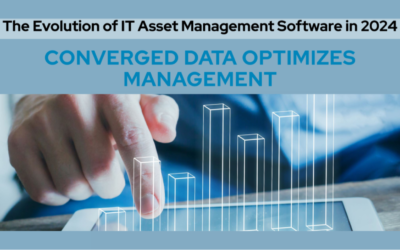7 Critical Considerations for Firewall Performance in the Era of Secure Remote Work
All organizations in today’s world must adapt to changing business conditions to ensure a secure remote workforce. Traditional firewalls cannot scale across multiple applications required for secure telework, placing the burden on IT teams to upgrade existing firewalls. Upgrading outdated integrated firewalls and virtual private networks (VPN) solutions become critical requirements to ensure a secure remote workforce.
Organizations are investing in Next-generation Firewalls (NGFW) to provide performance and advanced capabilities required to scale to meet future demands of distributed teams.
Below are seven key considerations to guide your NGFW evaluation.
Download the report here.
1. IPsec VPN performance
Teleworking employees have access to sensitive company data. Protecting this against compromises requires the ability to ensure that remote employee connections to the company network are secure.
To ensure your network is secure, you need to validate that your NGFW can sustain the user connections and encrypted traffic load independent of the location of the users.
2. Threat protection performance
How well does your NGFW perform when running full threat protection? To sustain performance with complete threat protection, you need to insist on real numbers and a close reading of documented performance claims from your vendor.
3. SSL inspection capacity
A majority of enterprise network traffic is now encrypted, and bad actors are continuing to take advantage. Ensure that your NGFW SSL decryption and inspection can offset these security risks and provide predictable performance with minimal degradation in speed.
4. Price vs. performance
Many NGFW vendors increase the size of their firewalls to boost performance and increase the cost. With big leaps in disruptive firewall technology, ensure that your NGFW vendor combines price and performance with an eye to a smaller footprint
5. Credible third-party validation
No organization investing in NGFW should rely on a single vendor. Review third-party evaluations for detailed validation of various NGFW solutions.
6. Easy, single-pane-of-glass management
Security teams that have to toggle between multiple dashboards to assess vulnerabilities, respond to threats, and ensure system resiliency are not efficient. Rely on a vendor that can provide a seamless dashboard that aggregates information for efficient decision making.
7. Future-proofing
All organizations must embrace digital innovation and transformation to become more efficient and secure. Ensuring an NGFW that not only provides performance at agreeable cost and scale but can also anticipate future demands.



